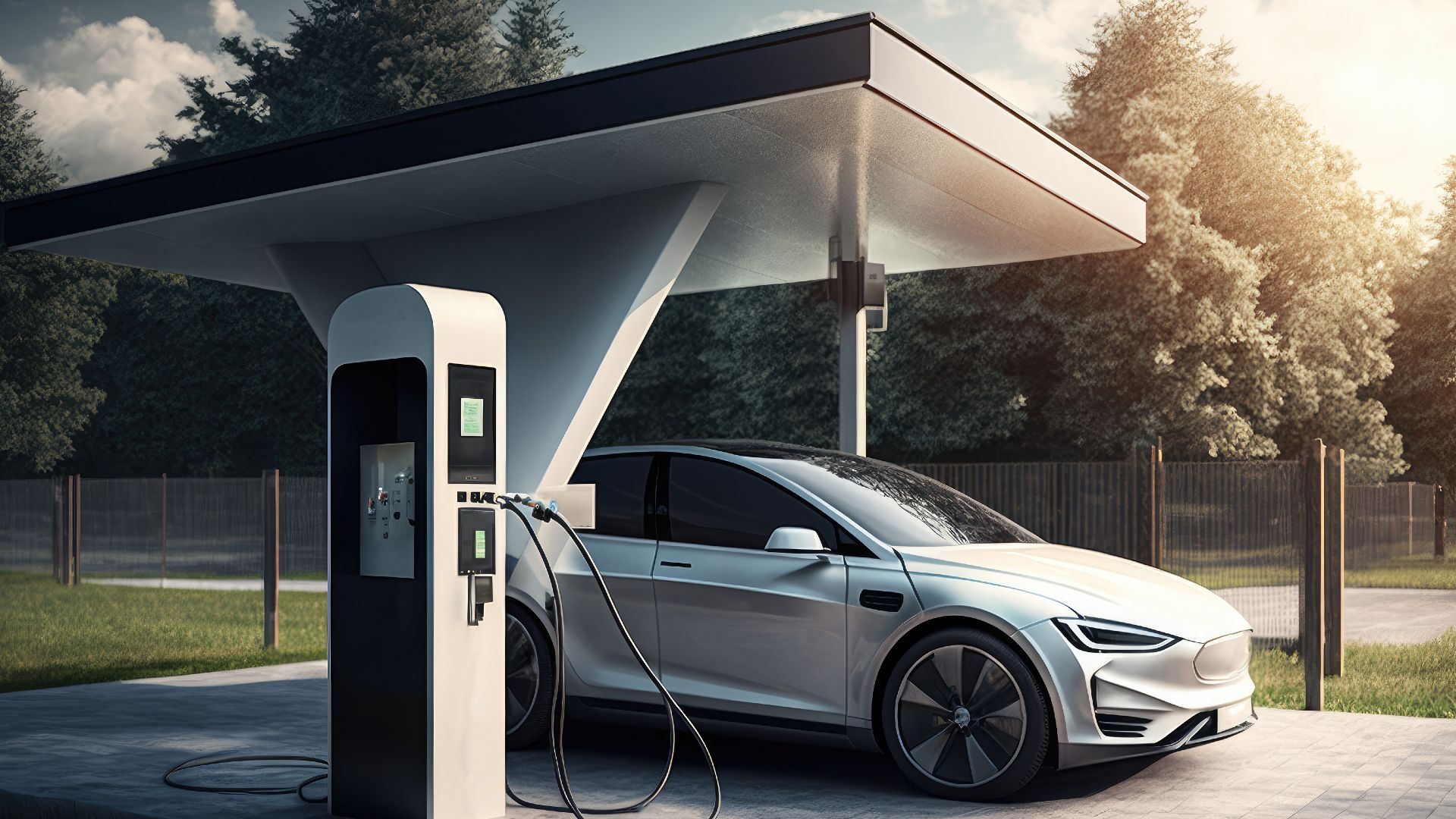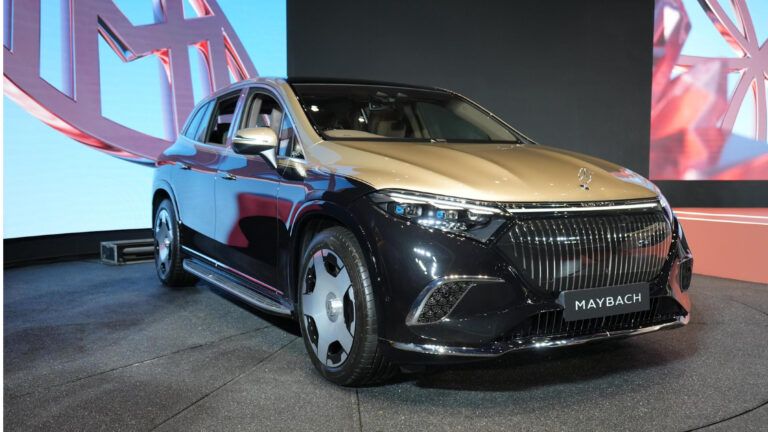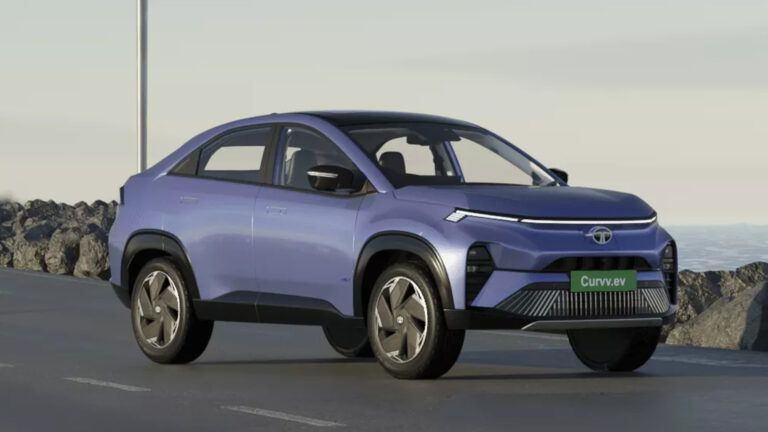After a delay of 18 months since the inception of the EV policy, the Chandigarh administration has finally made six electric vehicle charging stations operational. However, this achievement comes after missing two deadlines for making all 53 charging stations available to the public.
Those looking to charge their vehicles at these stations need to pay ₹8 per unit for slow or moderate charging. In addition, there will be a charge of ₹10 per unit for fast charging and ₹11 for battery swapping.
EV owners can charge their cars at Sector 7, 43-B, 44-C, 44-D, Manimajra, and Lake Sports Club. With a combined capacity of 30 charging ports, these stations enable the simultaneous charging of an equal number of vehicles.
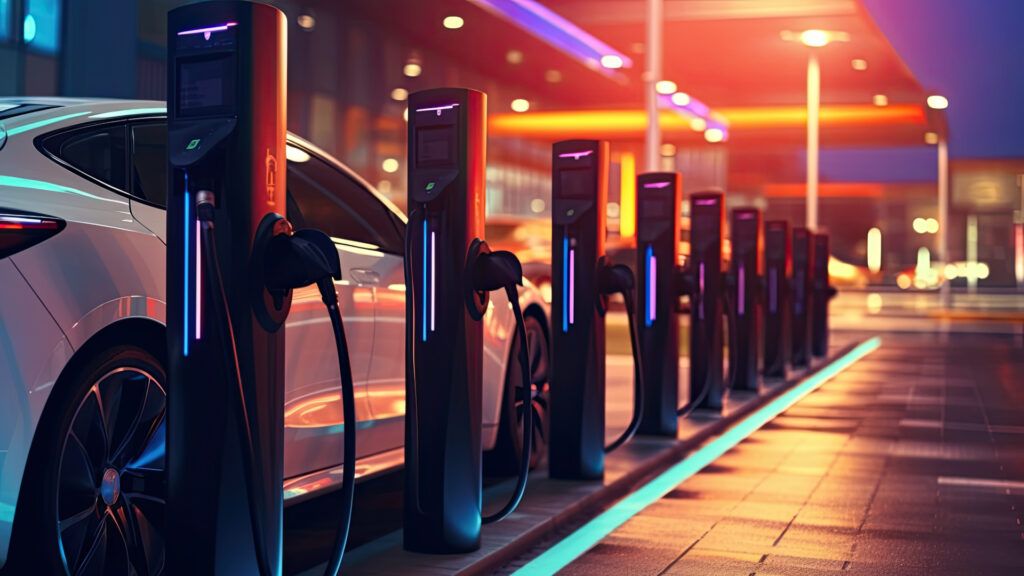
Factors Delaying Charging Station Deployment
At a press briefing on March 8, Banwarilal Purohit, the Punjab governor and UT administrator, declared that all 53 charging stations across 32 sites would be operational by month-end. Later, the admin pushed the deadline to the end of April. However, only six charging stations are currently operational, with the remaining expected to be functional in the coming months.
The administration mentioned that the delay resulted from approvals being held up by different departments. Also, there were disagreements between the local municipal corporation and the UT administration regarding the installation of charging stations in market parking lots.
Additionally, the theft of expensive equipment from EV charging stations throughout the city further extended the delay. The installation agency has installed CCTV cameras and hired security guards for surveillance to address this issue.
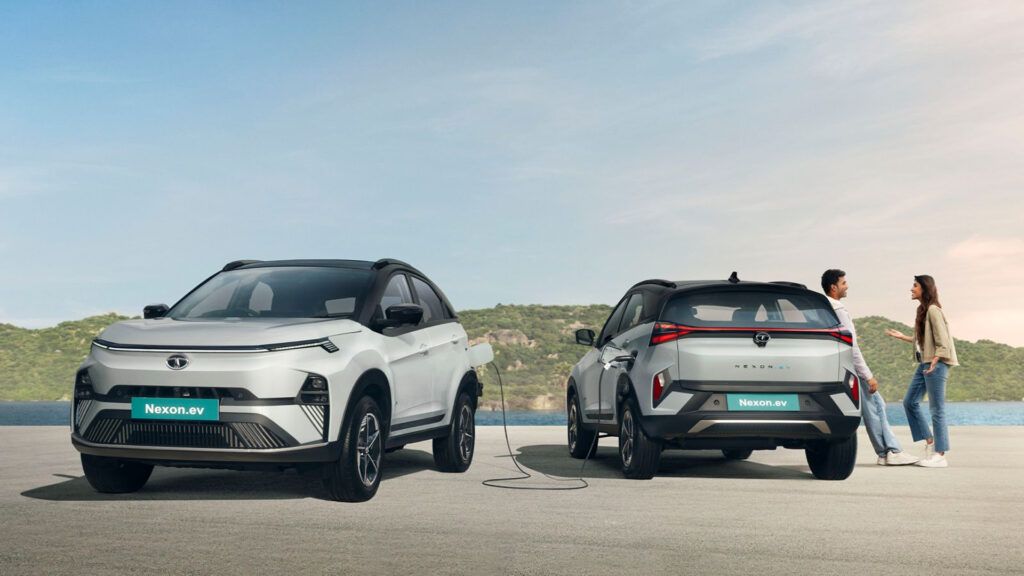
Impact of Inadequate Charging Infrastructure on EV Owners
Even though the administration implemented the EV policy in September 2022, the city didn’t have a single operational charging station. As a result, more than 8,000 EV owners had to rely on home electricity for charging.
Moreover, the administration began limiting the registration of fuel-based vehicles, despite the absence of infrastructure to support EV owners.
At the launch of the electric vehicle policy, the UT pledged to set up 100 public charging stations, but no implementation followed suit. In November last year, pressure from automobile traders and residents forced the UT Administrator to pause target-based registrations of EVs.
Due to the lack of infrastructure, EV owners have been charging their vehicles either at private charging stations or at home. People expressed being pressured to purchase specific vehicles due to limited supply and high costs despite the limited infrastructure.
Well! the good news is that the officials stated that the remaining 34 public charging stations will be functional by the end of June. Currently, there are 20 operational stations in the private sector and three petrol pumps.

